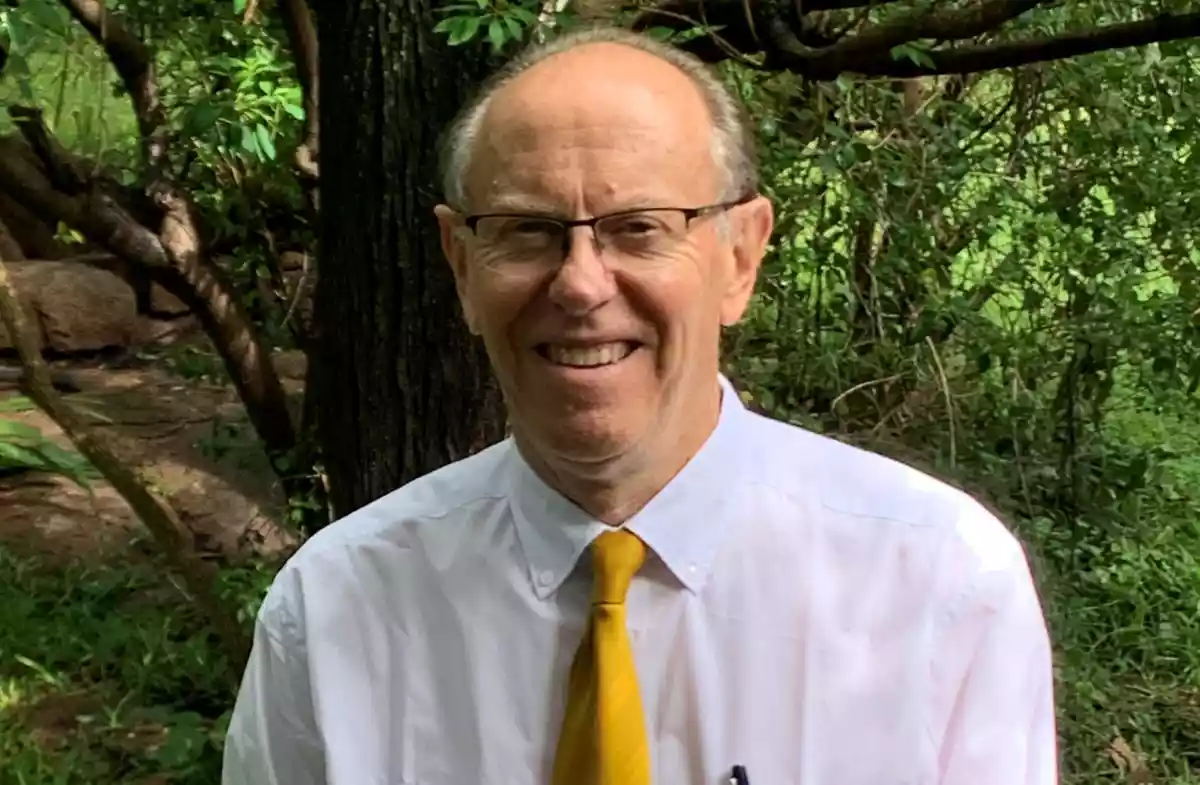
AFRICA’S efforts to tackle the Ebola crisis have been largely overlooked even though Africans have taken the lead in providing frontline staff and shown themselves “better placed to fight infectious diseases in their continent than outsiders”, according to the African Union (AU).
Dr Olawale Maiyegun, director of social affairs at the AU commission, said that despite the fact that Africans had proved both willing and able to deal with Ebola, the focus had been on the work of international agencies and those with the greatest media clout.
“Unfortunately, Africans do not have the international voice of CNN, BBC and France 24, therefore much of our work is overlooked in the western media,” he said.
“Most of the assistance provided by the international community is in the areas of finance and infrastructure. In the most critical human resources for health, Africans – including the affected countries – have had to take the lead.”
His comments come six months after Nelson Mandela’s widow, Graça Machel, accused African leaders of failing to do enough to address the health crisis.
“Ebola has exposed the extreme weaknesses of our institutions as governments; countries which are affected were found totally unprepared,” she told African business leaders in November last year. “It’s time Africa began to give real value to human life, in other words African human lives.”
Others have criticised the AU for waiting 10 months before holding an emergency summit on the outbreak.
However, Maiyegun argued that the AU and the Economic Community of West African States had reacted well to the crisis, with the AU deploying more than 835 African health workers to Liberia, Sierra Leone and Guinea at the peak of the epidemic.
- Chamisa under fire over US$120K donation
- Mavhunga puts DeMbare into Chibuku quarterfinals
- Pension funds bet on Cabora Bassa oilfields
- Councils defy govt fire tender directive
Keep Reading
“The success of African health workers – including the heroic health workers of Liberia, Sierra Leone and Guinea – shows one thing: African health workers are better placed to fight infectious diseases in their continent than outsiders,” he said.
Maiyegun said the AU’s response had been guided by the philosophy that it should not dictate how the the affected countries should run their fight against Ebola.
“We put volunteers at the disposal of the governments of the affected countries,” he said. “They told us what to do and we have performed creditably.”
He added: “The people of the affected countries must be given credit for doing a good job. With so many actors in the field, it’s important that it’s not just those with the loudest voices who are credited in the press for bringing Ebola under control.”
Maiyegun said the recent report from the medical charity Médecins Sans Frontières (MSF) – which accused the governments of Guinea and Sierra Leone of obstructing the early response and contributing to the loss of life – had shown that everyone involved in managing the crisis needed to reflect on their actions.
“There is no doubt that MSF has played a very important role in the fight against the epidemic and they should be well acknowledged,” he said. “However, MSF also needs to have a comprehensive assessment of its involvement, particularly in its approach and its methods in the fight against Ebola.”
In January and February, lab workers in two Guinean medical centres – one of them run by MSF – put blood samples in the wrong test tubes.
The mix-ups led to the release of at least four patients who later tested positive for Ebola, two of whom went on to die. Rather than “pointing accusing fingers at others”, said Maiyegun, the charity should be conducting an internal review.
MSF said it had taken the incident very seriously and worked with the World Health Organisation (WHO) and Guinean ministry of health to make sure the situation was contained and lessons learned.
“We are relieved that no one else contracted Ebola as a result of coming into contact with a patient who wrongly tested negative and have taken steps to make sure such an incident does not happen again,” said a spokeswoman.

She described the report as an “initial reflection on the past year”, adding: “With our teams still heavily involved in tackling the ongoing outbreak it is difficult to draw definitive conclusions; we do not yet have the necessary distance for a thorough critical review. More in-depth assessments – including of MSF’s own work – will certainly follow.”
Maiyegun counselled against premature talk of an end to the Ebola crisis, describing the race to halt new infections as a “bumpy road”. He said the hundreds of potential new cases discovered following Sierra Leone’s three-day lockdown last weekend underlined the need for continued vigilance.
Maiyegun declined to put a date on an end to the crisis – which has killed more than 10,300 people in Liberia, Sierra Leone and Guinea – pointing out that unpredictability was one of the hallmarks of previous Ebola outbreaks in Uganda and the Democratic Republic of the Congo.
“One thing is certain,” he said. “We cannot completely declare one of the three affected countries free of Ebola if the outbreak persists in two other countries.”
According to the latest figures from the WHO, 79 new confirmed cases of Ebola were reported in the week to 22 March – the lowest weekly total in 2015. Guinea reported 45 new cases and Sierra Leone 33. Liberia, which had seen no new cases for three consecutive weeks, confirmed a new one on 20 March.
-The Guardian










